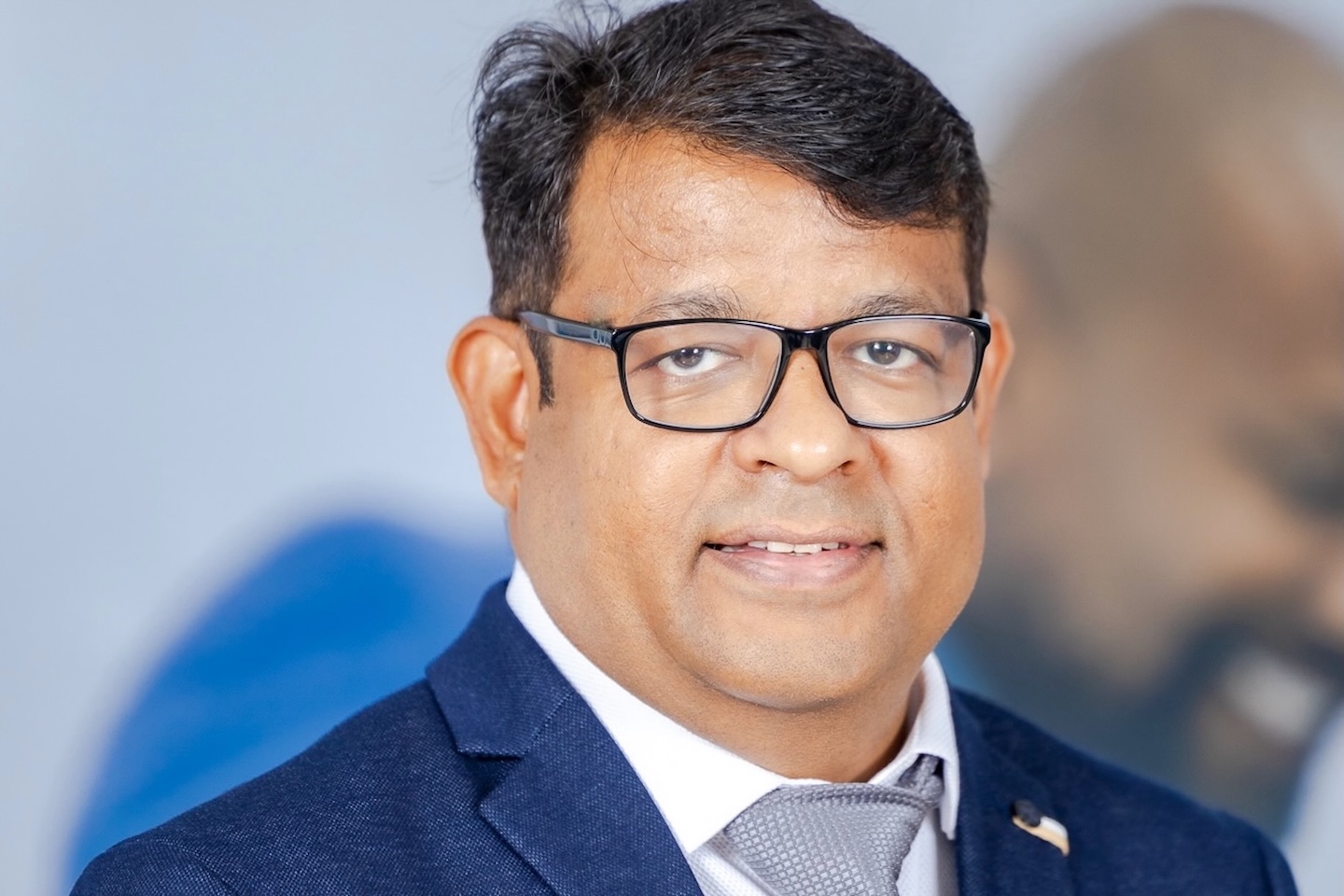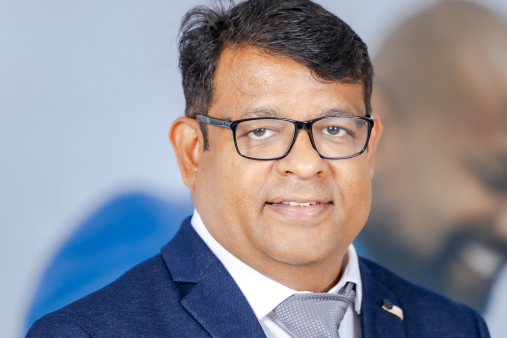The government of Uganda has undertaken deep and wide policy reforms in the ICT sector intended to transform the lives and fortunes of Ugandans. Legal and regulatory reforms, such as the Communications Act 2013, the National Broadband Policy 2018, and now the Digital Transformation roadmap 2023-2028, in concert with an innovative private sector, are closing the digital and financial divide.
The telecom sector players occupy a critical role in connecting people, businesses and government to opportunities. According to the latest regulatory reports, (Dec 2024), there are fifty-one million mobile subscribers, the mobile wallets are reportedly 1 million less.
Additionally, the industry contributed over a trillion shillings in Taxes for Developing Uganda Together, in the year ended December 2024. The industry employs over 350,000 people in direct and indirect jobs, shared value with local suppliers and technology associates.
This creates a responsibility for players like Airtel Uganda to offer accountable leadership in innovation, governance and being a force for good in this evolving digital economy. The immediate public good is that walls of exclusion fall whenever a SIM card is safely placed in the hands of a Ugandan. Farmers can compare prices for inputs and outputs and make informed bargains in this great farming country. Parents can support their children in doing research in the current curriculum. Mobilisation for Public health behavioural changes is possible through SMS and other means.
Most importantly, Airtel has been instrumental in democratising access to financial services locally and collapsing international barriers to financial inclusion. From facilitation of transfer of value, settlement of payments, micro health insurance, to savings and extending valuable credit to small-scale economic agents.
Scam Follows Spam.
This otherwise good work attracts bad elements that ride on the fallibility of humans to spam us and eventually scam some of us. Spam is unsolicited and irrelevant messages intended to trick someone. It only becomes a scam if a person responds to it and gets conned or their data is compromised. These are the rising global challenges that Uganda is part of.

This creates responsibility for us at Airtel Uganda. I’m privileged to be in the moment when this country is witnessing the launch of Uganda’s first Anti-Spam Service by Airtel Uganda.
The service available for both smartphones and feature phones is embedded in our network layers, utilizing artificial intelligence to analyze over 250 parameters to protect our customers from SPAM. Parameters like velocity of SMS, frequency of device changes, robocalling devices, distinct keywords and many more. Airtel Uganda is now able to evaluate over 1.5bn SMS in 2 milliseconds to alert a subscriber if the SMS is suspected to be SPAM.
In the development of this utility service, we deployed our best local and global talent, financial and technical resources of over fifty cross-functional teams, over ten thousand man-hours, and over 12 months of build efforts.
This service is completely free and does not require our customers to opt-in or to download anything.
In the aspirational 10-fold growth economy, this means an expanded shared responsibility to protect all generations of ICT users from the harmful elements that social engineers use to create harm. The 10-fold growth in digital and financial services means more use – cases of ICTs, more innovation and creation of more value but at a grand scale.
Airtel Uganda has demonstrated over the years unwavering commitment to innovation, service excellence and driving down the cost of communication. We will continue to do so on time with an added layer of safety. This is our commitment to public safety.

 How Uganda’s economy can withstand global turmoil
How Uganda’s economy can withstand global turmoil


